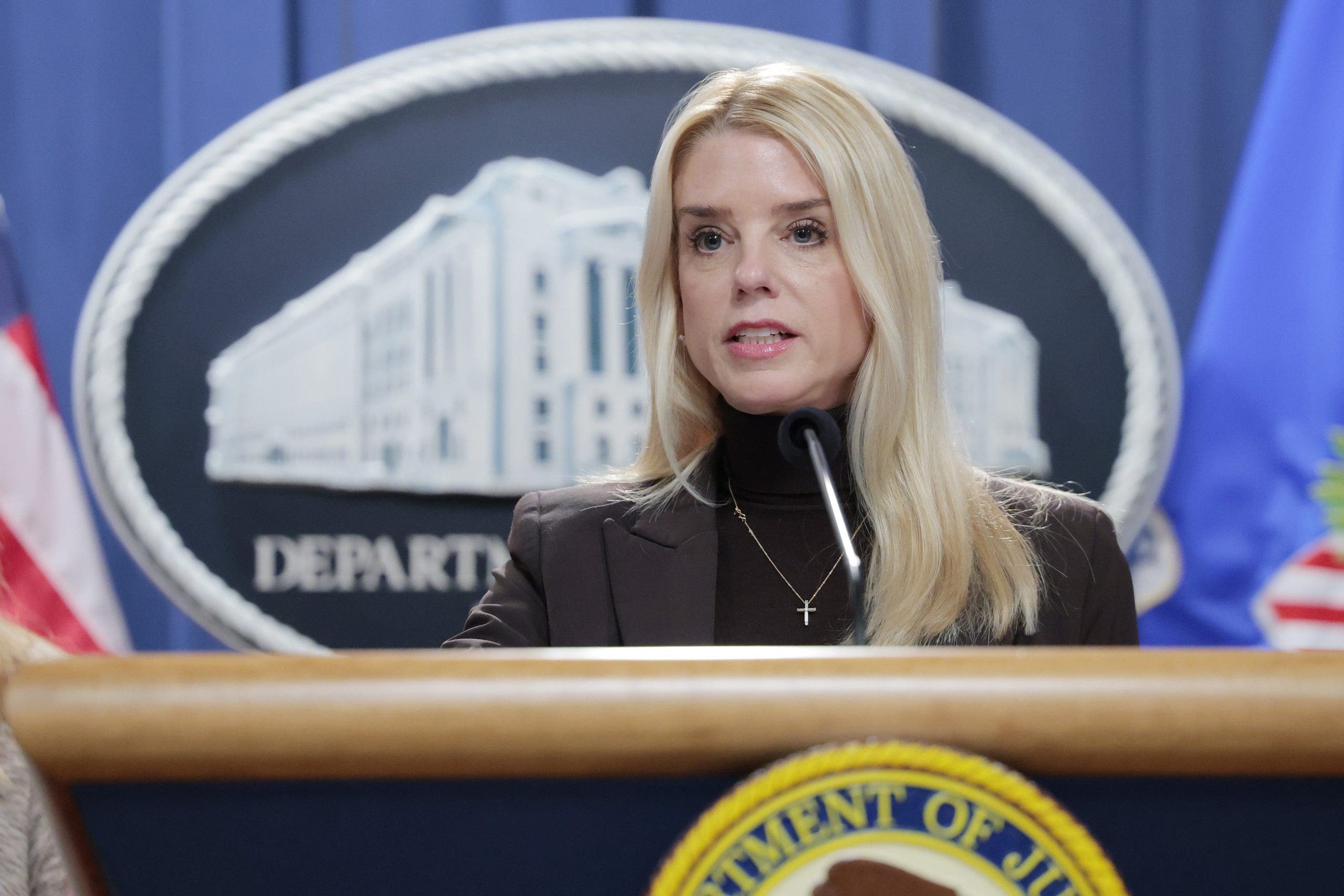War on Gaza Live Updates: Severe Fuel Shortage Forces Internet and Phone Network Shut Down

The fuel shortage has led to a complete communication shutdown in the besieged enclave of Gaza since Thursday night, as the World Food Programme (WFP) warns of an “immediate possibility of starvation in Gaza.”
Update 9: The Los Angeles Times editorial board, a prominent U.S. newspaper, has advocated for a ceasefire in Gaza.
“Remaining mindful of America’s mistakes, it is incumbent upon the Biden administration now to avoid complicity with Israel’s. We are past the time to excuse the horror in Gaza. Biden has to press Netanyahu hard to stop the indiscriminate killing. That starts with a call for a cease-fire,” the editorial board expressed this viewpoint in an opinion piece published on Thursday.
Update 8: According to the Palestinian Wafa news agency, at least 18 civilians have lost their lives in an airstrike of the Jabalia refugee camp, which specifically targeted residential buildings, resulting in several others being injured.
Update 7: According to the Palestinian news agency Wafa, Israeli forces obstructed emergency services from reaching victims injured in an Israeli drone strike on the Jenin refugee camp in the occupied West Bank on Friday. At least three Palestinians lost their lives in the Israeli air attack.
A significant number of Israeli military reinforcements have been sent to Jenin City and Jenin’s refugee camp amid reports of violent clashes with Palestinians in the area. There are also reports of Israeli soldiers surrounding the city’s Ibn Sina Hospital. Approximately 80 armored vehicles were reportedly deployed to Jenin, and there are allegations of medics being detained at the hospital.
Wafa additionally reports that Israeli forces conducted raids on several homes in the town of Ni’lin, west of Ramallah, resulting in the arrest of at least 28 individuals.
Update 6: The United Nations reported on Thursday that nearly every individual in the Gaza Strip is facing a severe shortage of food, and over two-thirds of the population lacks access to clean drinking water.
Humanitarian aid deliveries to the besieged territory through the Rafah border crossing are halted on Friday, 17 November, due to the collapse of internet and telephone services across Gaza, attributed to a shortage of fuel, as stated by the U.N. agency for Palestinian refugees.
The Gaza Strip is currently confronting a “massive” food gap and widespread hunger, as warned by the UN World Food Programme (WFP).
Update 5: The leaders of various United Nations agencies and humanitarian organizations have collectively announced their refusal to participate in the creation of any “safe zones” in Gaza unilaterally declared by one side of the conflict.
In a joint statement issued on Thursday, they emphasized that proposals for the unilateral establishment of “safe zones” in Gaza pose a serious risk of harm to civilians, potentially leading to significant loss of life, and must be unequivocally rejected.
Update 4: Israeli airplanes are dropping leaflets overnight advising residents of Khan Younis in Southern Gaza to evacuate for shelters for their safety.
The leaflets hinted at imminent military operations in the area. Specifically, civilians in Bani Shuhaila, Khuza’a, Abassan, and Al Qarara were cautioned that being in proximity to militants or their positions posed a significant risk to their lives, as reported by local sources to Reuters.
Khan Younis, already hosting tens of thousands displaced from the north, is grappling with severe overcrowding compounded by shortages of food and water.
Update 3: The Indonesian hospital in Northern Gaza has shut down, according to Atef Al Kahlout, the hospital’s chief doctor. 45 patients in need of immediate surgery have been left in the reception area.
The hospital is currently facing a siege by Israeli tanks, and the Palestinian Red Crescent Society (PRCS) stated that a “violent attack is underway” at the hospital on Thursday.
Update 2: Gaza is experiencing a complete communications shutdown owing to a severe fuel shortage, as confirmed by the enclave’s biggest network provider. The shutdown has completely isolated Gaza from the outside world.
Update 1: The Palestinian Health Ministry in Hamas-controlled Gaza, which was the main official source for the Palestinian death toll, ceased updates on Wednesday, 15 November, following the loss of electricity at Gaza City’s Al Shifa Hospital.
Israeli troops stormed Al-Shifa, Gaza’s largest medical complex on Wednesday, and continued to search it throughout Thursday, 16 November.
In recent days, the Palestinian Health Ministry in the West Bank has continued the post updates although on a much limited scale owing to a wide scale network shutdown in Gaza.
The Conflict So Far
After a surprise attack conducted on 7 October by Hamas on a number of southern Israeli towns which resulted in the deaths of an estimated 1,200 people and more than 220 being taken hostage by Hamas, Israel launched a retaliatory bombing campaign against what it describes as ‘terrorist targets’ in the Gaza Strip.
Over 11,470 Palestinians have been killed in the Gaza Strip — including at least 4,707 children — and over 27,490 others injured. Meanwhile, at least 183 Palestinians have been killed in the West Bank and at least 2,700 have been injured. The death toll has not been officially updated for days due to the collapse of the enclave’s health system.
The priority of the Egyptian government since the beginning of the conflict has been deescalation and the securing of a path for aid to enter the Gaza Strip through the Rafah crossing. Israel bombed the crossing at least six times, and limited aid trucks have crossed to Gaza so far, which UN officials warn is insufficient amid dire humanitarian conditions.
Most Western countries, with the United States at the forefront, have expressed unconditional support for Israel, despite the steadily rising death toll in Gaza. Meanwhile, the United Nations General Assembly has issued a resolution calling for a ceasefire.
Subscribe to our newsletter



















Discussion about this post